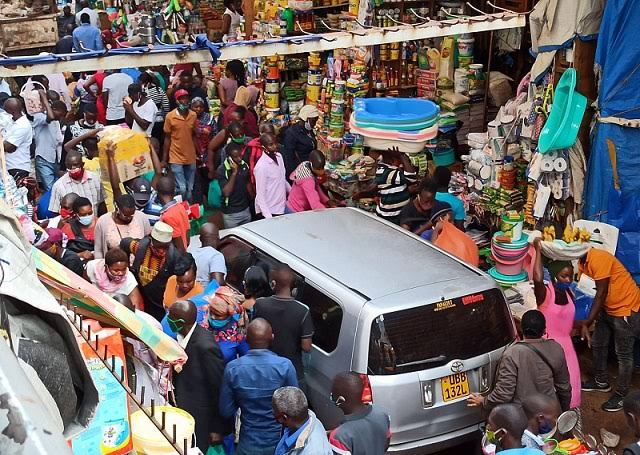
The disagreements among top leadership of traders in Kampala and formation of parallel associations has affected the Tuesday planned strike across the country .
The strike, where traders were expected to express the dissatisfaction over tax-related policies, flopped in many major towns with traders continuing with their normal businesses.
The strike was declared by the Kampala City Traders’ Association (KACITA), which urged all members of the business community to shut down operations in protest of what it described as unfair tax practices by the Uganda Revenue Authority (URA). Top on the list of their concerns is the continued use of a per-kilogram tax assessment system on textile imports.
“This system is not fair. We import these materials based on quality and appearance, not weight,” said Issa Sekitto, the acting chairperson of KACITA. “When you tax us based on weight, it distorts our pricing and affects our profits.”
In addition to the per-kilo taxation system, KACITA also raised concerns about high taxes on textile goods, including a 2.5% levy on jeans and related items, and the threshold for Value Added Tax (VAT) registration.
The other reason includes mandatory use of the Electronic Fiscal Receipting and Invoicing Solution (EFRIS), which many traders believe adds undue complexity and cost to their operations. Traders subscribing to Federation of Uganda Traders Associations (FUTA) and other association did not issue any statement in support or opposing the strike .
While several buildings in Kampala’s central business district heeded the call, including Gazaland, Park Nkadde Mall, Mutaasa Kafeero Plaza, Qualicel, Totala Building, and some shops in City Base Plaza, others, especially along Kampala Road and in the Container Village area, chose to stay open. This was the same situation in regional cities like Masaka , Mbarara, Mbale , Jinja ,Arua , Gulu ,Lira and Soroti .
Traders whose shops remained open cited the need to earn a daily income to cover operational costs, especially rent. Some expressed frustration with KACITA, accusing the leadership of making calls to strike while negotiating personal deals with government officials behind closed doors.
“We have respected the calls to strike before,” said one trader along Kampala Road. “But each time, our leaders collect money from the government to end the strike, and we are left struggling to catch up on lost income and rent.”
As a result, some traders say they have resolved to keep operating even as negotiations between their leaders and the government continue